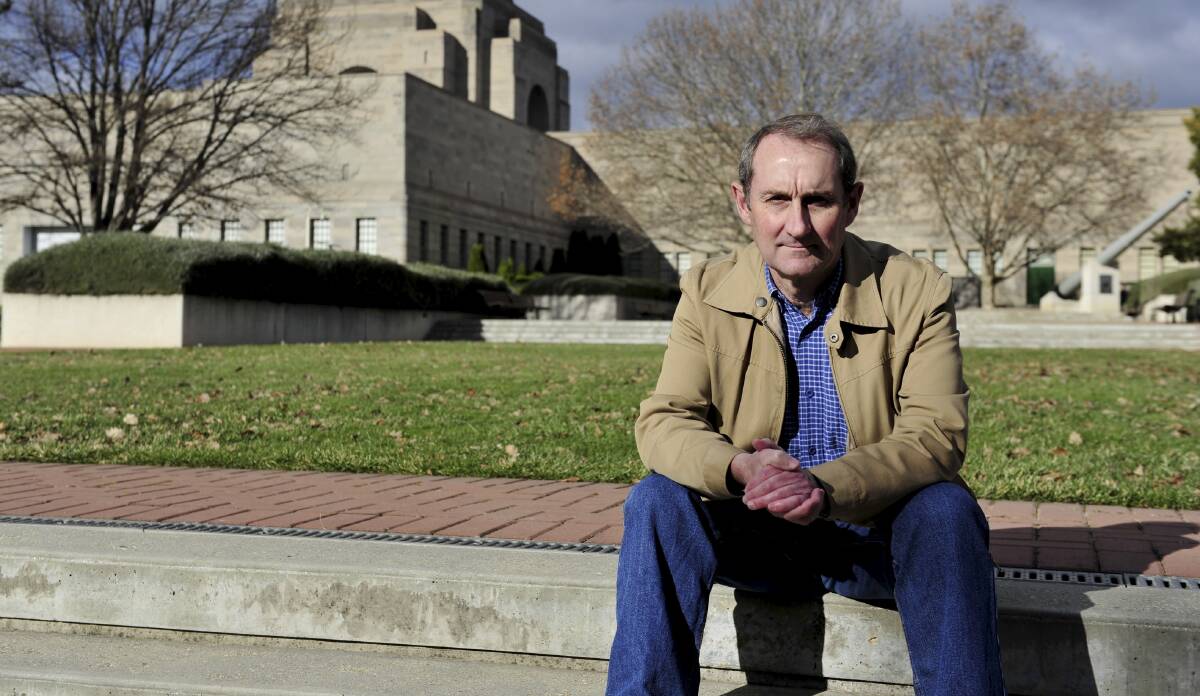Canberra's heritage system needs more resources to avoid being afflicted with the same issues that forced the government to dissolve the old heritage council, the council's new chair has warned.
Duncan Marshall said resourcing for the heritage council and the government's heritage unit was a key issue, and he hoped the government would embrace the recommendations of a system review and chose to increase resourcing.
"The great problem is that if we don't get more resources, the problems that afflicted the previous council could come back again and we could be back in a muddle again in terms of how the heritage system operates," Mr Marshall told The Canberra Times.
"And I don't think anybody wants to see that happen."
Inadequate resources would be a "tragedy" for the system, which needs more staff in the government's heritage unit and greater help to engage with the community and development sectors, he said.

Mr Marshall, who chaired the council between 2012 and 2015, returned to the post in April 2023 to lead an interim council after Heritage Minister Rebecca Vassarotti dismissed the previous council following a review that found "unprofessional" behaviour and a breakdown in the relationship with heritage unit staff.
The interim council will now be reappointed for permanent terms, while the government looks to add two Indigenous representatives.
A review of the heritage system, commissioned by Ms Vassarotti after the council was dissolved, recommended handing more power to Aboriginal people to determine how their own heritage sites would be protected and boosting resources.
Mr Marshall, a heritage architect, said it was an exciting possibility to develop a new body to consider Aboriginal heritage in the ACT, a move the council fully supported.
"We've been trying to implement some of the sensible changes that are contained within that review process, including [that] we've been trying to enhance our current level of engagement with the representative Aboriginal organisations, to try and bring them even more into the processes of council," he said.
But legacy issues, including a back log of advice requests, still affected the heritage system, Mr Marshall said.
The council still had about several hundred outstanding advice requests, and more requests came in at the rate old requests were handled, meaning the total number outstanding did not drop, he said.
"We're at this pivotal moment. Government can decide to either leave us where we are in terms of resourcing, or hopefully they'll make a more positive decision and provide additional resources to council, to the heritage branch," he said.
Mr Marshall said he was keen for the heritage system to be seen as helpful for people who owned or managed heritage buildings, rather than being seen as an obstacle to what they wanted to do - and this required issuing timely advice.
"If we can make that as as easy as possible for people - if we can provide good advice, timely advice, you know - it just makes everything flow much more smoothly," he said.
"And people won't think of heritage as the big obstacle in their life."
Mr Marshall said the heritage council was eager to develop more comprehensive guidance for heritage buildings, which would lessen demand for bespoke advice from the council.
"We're not about turning your house into a museum. We want you to continue to live there. Yes, sympathetic changes are entirely possible. This isn't a roadblock. It's kind of a celebration and an opportunity," he said.
The council was working on updated guidance for solar panels on heritage buildings and Mr Marshall said the council hoped the general guidance would solve a lot of the problems.
Ms Vassarotti in September tasked the council for the first time with considering the impact of climate change in how heritage sites should be preserved.







